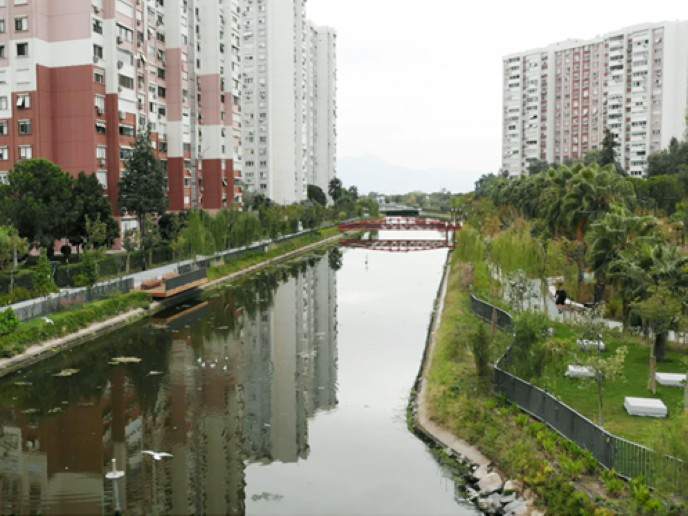Empowering consumers to become active stakeholders in the electricity ecosystem
Using different incentives, demand response (DR) programmes can help consumers reduce their energy usage during supply constraints or peak periods, giving them an opportunity to play an active role in the energy market. In the EU, however, the take up of DR programmes has been slow, primarily because residential and tertiary buildings, responsible for 44 % of final energy consumption, are disconnected from DR activities as they do not participate directly in the wholesale market. This is in contrast to industrial buildings or facilities that have the capability to manipulate their load capacity. This disconnection is due to technological and customer-related roadblocks. On the technological side, there is a lot of fragmentation of protocols, data models and standards for building energy management systems and grid communications. On the customer side, risk aversion and the potential benefits are not well known and DR programmes can be intrusive, inconvenient and carry a risk of increased bills. “As a result, the European energy system is currently missing out on a huge source of demand flexibility and the benefits that come with it,” says Dimos Ioannidis, project coordinator of the EU-funded DRIMPAC project.
Unleashing the demand flexibility potential
With the aim of enabling the participation of small energy consumers in explicit and implicit DR programmes, the DRIMPAC team has developed a solution: a unified DR interoperability framework that enhances building management intelligence. The framework enables closer ties amongst the three main stakeholders of the electricity market. “It will provide better and reliable communication among the distribution system operator (DSO), aggregator and the end user, with the latter being either a pure consumer, producer or a mix of both, i.e. a prosumer. This will allow the solution to be scalable and replicable,” explains Ioannidis. It is expected that the closer relationship between these stakeholders will give prosumers the opportunity to utilise their assets, such as any generation unit, and modify their consumption. “Thus, lifting the end user from the status of a passive consumer to an active and vital stakeholder in the energy market,” notes Dimitrios Tzovaras, DRIMPAC business innovation manager. To make it easier for the end user to modify their assets as well as provide a human-centric approach that enhances the solution, hardware solutions will be placed within the end user’s premises, with their consent, along with a user-friendly user interface environment.
Changing the building sector
The DRIMPAC technological framework and business models are being validated by four retailers supplying three energy carriers, specifically electricity, natural gas and district heating in Germany, Spain, France and Cyprus. Pilot demonstrations are taking place in a range of building types, including residential, office, educational and others, to validate the DRIMPAC benefits across most building typologies. “Both implicit and explicit DR schemes are being examined, using dynamic DR tariffs schemes, such as time-of-use, critical peak pricing, real-time pricing and combinations of them in all four pilots, in order to come up with a sustainable business model,” notes Paschalis Gkaidatzis, DRIMPAC project manager. The project’s validation activities are currently ongoing. “We expect our solution will result in a 20 % reduction in energy cost savings and 15 % in energy consumption as well as a 15 % peak load reduction,” reports Ioannidis. This is centred on some initial objectives, based on preliminary validation activities conducted in a limited manner (e.g. small number of users, controlled in-door environment). “In the long term, the project’s solution can contribute to stable energy prices in Europe and the environmentally friendly generation of electricity,” concludes Ioannidis.
Keywords
DRIMPAC, electricity, energy consumer, energy market, prosumer, demand response, interoperability framework, distribution system operator







